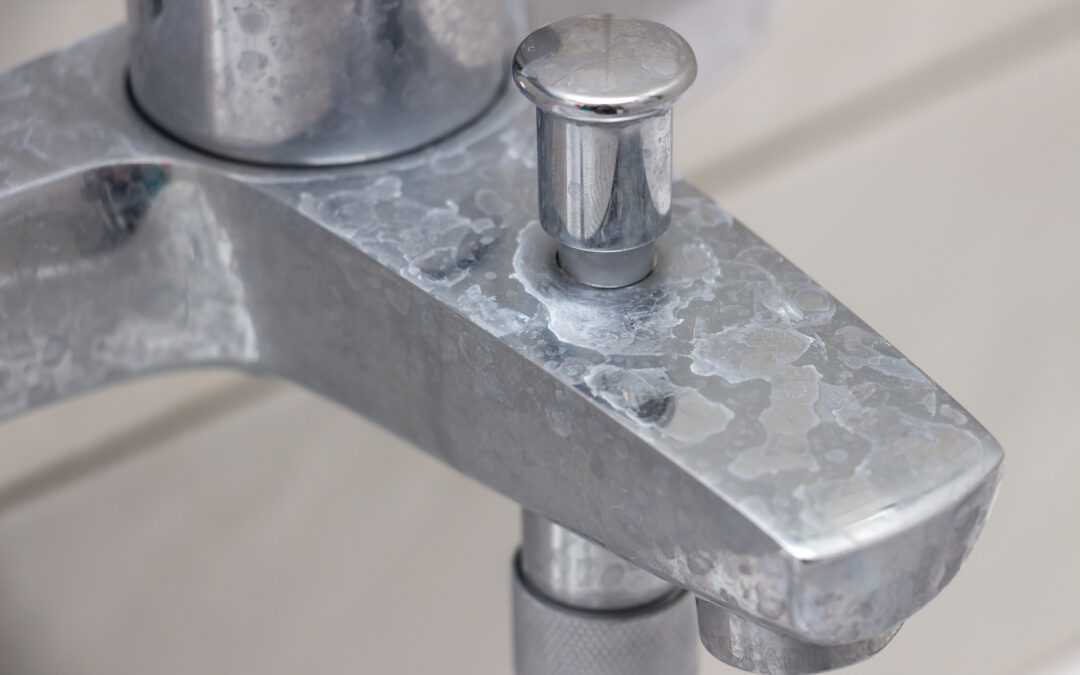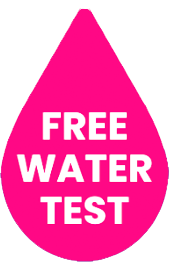When you’re turning on your tap for a glass of water or running a bath, water quality may not be your first concern. But if you notice a residue on your dishes, skin feeling unusually dry after a shower, or a sluggish performance from your water-based appliances, hard water could be the culprit. Hard water refers to water with a high concentration of minerals, primarily calcium and magnesium. While it’s not necessarily harmful to your health, it can have significant effects on your home and your daily routine. So, how do you know if you have hard water? Let’s explore the signs, symptoms, and solutions.
What Exactly Is Hard Water?
Before answering “how do you know if you have hard water,” it’s essential to understand what hard water is. As water travels through the ground and rocks, it picks up minerals, especially calcium and magnesium. The more minerals in the water, the “harder” it becomes. While these minerals are naturally occurring and not harmful to drink, they can cause a range of issues that affect your home’s plumbing, appliances, and personal comfort.
Signs and Symptoms of Hard Water
Now that you have an idea of what hard water is, you might be asking, “how do you know if you have hard water in your home?” Several telltale signs can help you determine whether your water is hard.
- Soap Scum Buildup
Hard water makes it difficult for soap to lather properly, leading to soap scum buildup on your shower walls, faucets, and even your skin. If you notice a film of soap that doesn’t rinse away easily, hard water could be the reason. - Dry Skin and Hair
Do you experience dryness or irritation after washing your hands or taking a shower? The high mineral content in hard water can strip your skin of its natural oils, leaving your skin and hair feeling dry and brittle. - Spots on Dishes and Glassware
After running your dishwasher, do you notice white spots or streaks on your dishes and glassware? These are mineral deposits left behind by hard water. The harder your water, the more noticeable these spots become. - Reduced Water Flow
Over time, hard water can cause mineral deposits to build up inside your pipes, reducing water flow. If your faucets seem to lose water pressure or your showerhead becomes clogged, it could be due to hard water scaling. - Appliance Efficiency Issues
Hard water can cause your washing machine, dishwasher, and water heater to work harder than necessary, reducing their efficiency and lifespan. If your appliances seem less effective or break down frequently, hard water might be contributing to the problem.
Downsides of Hard Water
Now that you’re considering “how do you know if you have hard water,” it’s important to understand the potential downsides beyond the visible signs. While hard water is not necessarily harmful to your health, it can have other significant drawbacks.
- Shortened Appliance Lifespan
Hard water buildup inside appliances like water heaters, dishwashers, and washing machines forces them to work harder, which can reduce their lifespan. Over time, the cost of frequent repairs and replacements can add up. - Higher Energy Bills
As appliances like water heaters become clogged with mineral deposits, they become less efficient, leading to higher energy consumption and increased utility bills. - Increased Detergent Use
Hard water interferes with the effectiveness of soaps and detergents, meaning you’ll need to use more of them to achieve the same cleaning power. This can result in spending more on household products over time. - Skin Irritation and Hair Damage
The minerals in hard water can exacerbate conditions like eczema and psoriasis and make it difficult to maintain soft, healthy hair. If you or your family members experience persistent skin or scalp issues, hard water could be the cause.
When to Call an Expert
So, how do you know if you have hard water to the point where you need professional intervention? If the signs mentioned above are starting to impact your daily life or your home’s functionality, it’s time to call in a water treatment expert.
- Frequent Appliance Repairs: If your appliances are breaking down more frequently or losing efficiency, it’s worth having a professional assess whether hard water is causing the damage.
- Noticeable Buildup in Plumbing: If you see white, chalky deposits around faucets or have reduced water flow, a professional can check your plumbing for hard water buildup and recommend solutions.
- Persistent Skin or Hair Issues: If your skin and hair remain dry and irritated despite changes in products, water treatment might be a long-term solution.
How to Fix Hard Water
Once you’ve identified hard water as the issue, you’ll need to know how to fix it. Fortunately, there are several effective methods for treating hard water.
- Water Softening Systems
The most common solution to hard water is installing a water softening system. These systems use salt-based ion exchange to remove calcium and magnesium from your water, replacing them with sodium ions. The result is softer water that is gentler on your skin, appliances, and plumbing. - Descaling Systems
Unlike water softeners, descalers don’t remove the minerals from your water. Instead, they alter the structure of the mineral molecules so that they don’t adhere to surfaces. This can help prevent limescale buildup in your pipes and appliances without changing the composition of your water. - Regular Maintenance
Even after installing a water treatment system, it’s essential to perform regular maintenance on your plumbing and appliances. Cleaning faucets, showerheads, and appliances that frequently come into contact with water will help keep mineral buildup at bay.
Conclusion
Hard water may not be hazardous to your health, but it can cause significant wear and tear on your home and daily routine. Now that you know the signs and symptoms of hard water, you can take the necessary steps to address it. Whether it’s dry skin, limescale buildup, or appliance issues, understanding “how do you know if you have hard water” is the first step in finding a solution. Once you recognize the signs, don’t hesitate to call in an expert for professional advice and solutions tailored to your home.
Ready to Make Your Water Work for You?
Don’t let hard water disrupt your life. At AAA Water, we specialize in diagnosing and treating water quality issues, ensuring your water is clean, efficient, and hassle-free. Contact us today to schedule your consultation and say goodbye to the problems caused by hard water for good!


